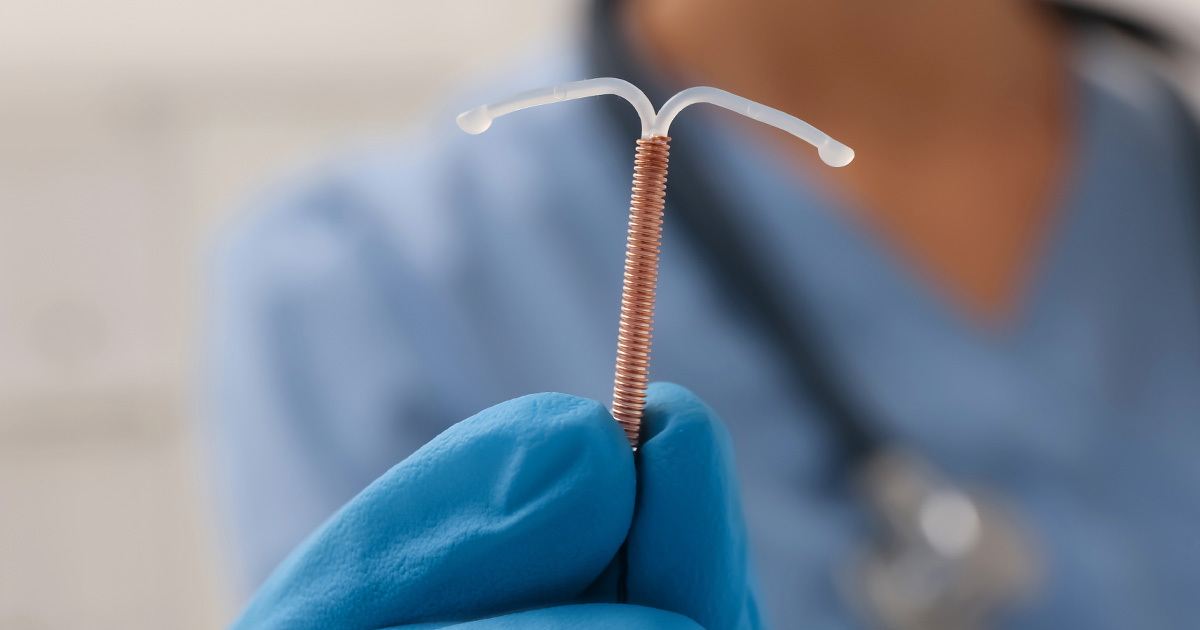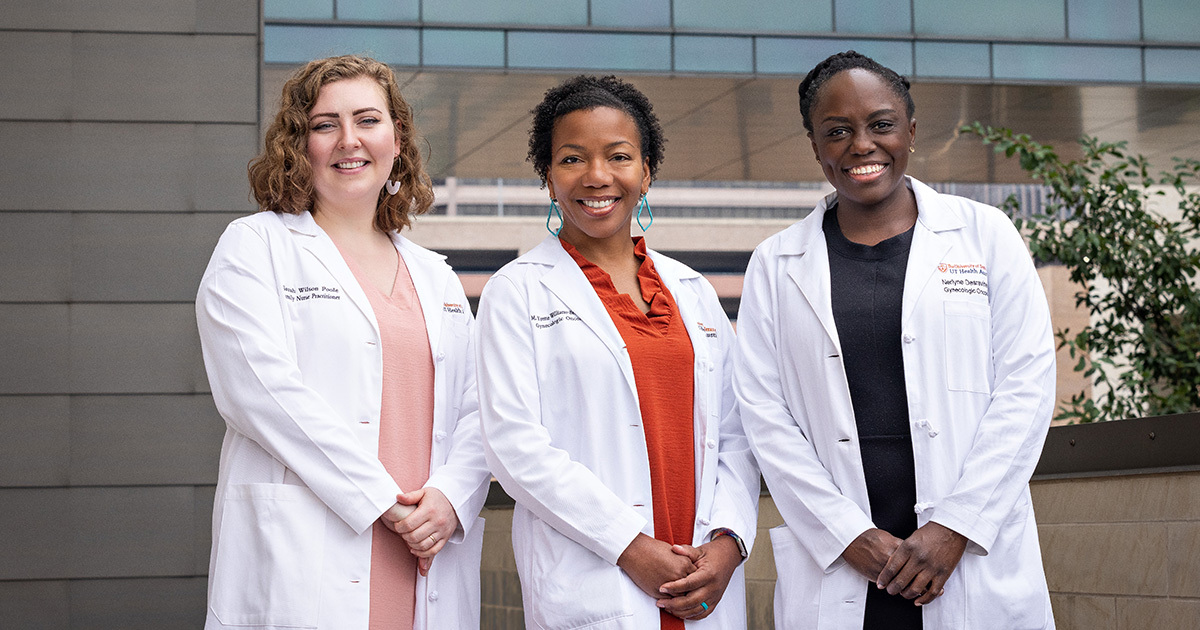
Women's Health
Jul 16, 2025
IUDs 101
Learn how IUDs work, their types, side effects, and benefits as a long-lasting, reversible birth control option.

Learn how IUDs work, their types, side effects, and benefits as a long-lasting, reversible birth control option.

UT Health Austin clinicians work seamlessly to deliver compassionate care during an unforgettable birth experience.

UT Health Austin perinatal and reproductive psychiatrist shares expert advice on strengthening your relationship throughout your journey to parenthood.

UT Health Austin gynecologic oncologist paves path to relief and recovery.

How the HPV vaccine shields you from hidden health risks.